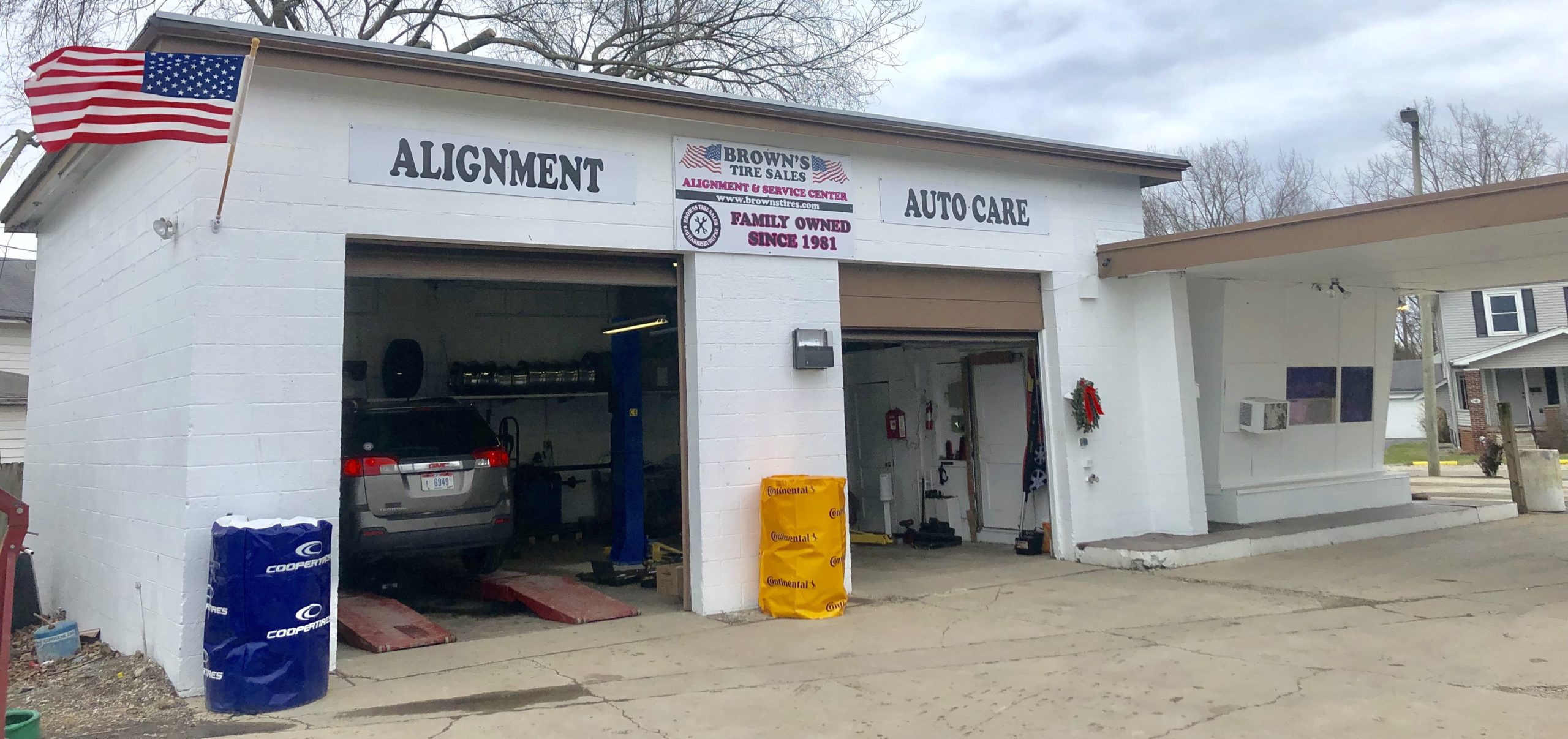Accelerate Your Drive with Morris Tire: Your Trusted Tire Shop Near Me
Accelerate Your Drive with Morris Tire: Your Trusted Tire Shop Near Me
Blog Article
The Ecological Benefits of Appropriate Tire Maintenance
Preserving proper tire care is usually overlooked, yet its impact on the environment is extensive. From decreasing fuel usage to lowering exhausts outcome, the advantages are far-ranging. Correct tire upkeep not only extends the life-span of tires yet likewise reduces land fill waste and contributes to boosted air high quality. The interconnectedness of these benefits highlights the critical role that straightforward upkeep practices can play in promoting ecological sustainability.
Reduced Fuel Intake
Improving tire upkeep practices can lead to a substantial reduction in fuel consumption for lorries. According to the U.S. Department of Energy, underinflated tires can reduce gas mileage by 0.2% for every 1 psi decline in pressure in all four tires.
In addition to tire pressure, regular tire turnings and placements additionally play an essential function in gas efficiency. Unevenly worn tires can increase gas intake as the engine functions harder to preserve speed and grip. By maintaining appropriate positioning and rotating tires at recommended periods, vehicle drivers can guarantee even lengthen the life and put on of their tires, inevitably conserving gas and reducing their carbon footprint.
Extended Tire Life-span
Expanding the life expectancy of tires is an essential element of effective car upkeep techniques that can generate cost financial savings and ecological benefits over time. By correctly maintaining tires, drivers can considerably prolong their usability, minimizing the regularity at which new tires need to be manufactured and old ones gotten rid of. This not only preserves useful sources however additionally minimizes the power and exhausts related to tire manufacturing and disposal processes.
Consistently examining tire pressure, rotating tires, and making sure proper alignment are essential actions in extending tire life-span. Sufficient tread deepness is essential for optimum grip and safety and security, however it additionally plays a function in exactly how long tires can be made use of before needing substitute. Furthermore, avoiding hostile driving behaviors that speed up tire wear, such as rough stopping and doglegs, can even more boost tire longevity.
Inevitably, enhancing the long life of tires via positive maintenance not just profits the environment by minimizing waste and preserving resources however additionally leads to cost savings for automobile proprietors by delaying the need for brand-new tire acquisitions.
Reduced Discharges Result
Effective tire maintenance techniques add to a decrease in exhausts outcome, lining up with environmental sustainability goals in the automotive industry. By preserving optimum tire stress levels, drivers can aid minimize these adverse ecological effects.
Furthermore, well-maintained tires also improve grip and decrease rolling resistance, better enhancing gas effectiveness. This, in turn, reduces the quantity of exhaust gases released right into the environment. Furthermore, making certain tires are effectively pumped up and aligned can expand the life expectancy of the tires, lowering the regularity of tire replacements and the linked ecological expenses of tire production and disposal.
Decreased Land Fill Waste
Offered the favorable influence of correct tire maintenance on minimizing exhausts result, an additional significant environmental advantage is the possibility for lowered land fill waste. By guaranteeing that tires are effectively blown up, straightened, well balanced, and turned on a regular basis, their life-span can be significantly extended.

Improved Air High Quality
Enhancing air quality with proper tire maintenance techniques is a vital element of lasting ecological stewardship. When tires are underinflated, they develop a lot more rolling resistance, causing boosted fuel intake and higher exhausts of hazardous contaminants such as carbon monoxide and nitrogen oxides. Correctly filled with air tires not only boost gas efficiency yet additionally reduce the quantity of toxins launched right into the air.
Moreover, well-kept tires with correct walk deepness and alignment add to much safer motoring problems, minimizing the possibility of crashes that can result in the release of additional toxins right into the atmosphere. By expanding the life expectancy of tires with routine upkeep and turning, fewer tires are discarded prematurely, lowering the environmental effect of tire disposal and manufacturing procedures.
Verdict
In verdict, proper tire maintenance provides numerous ecological benefits. It is crucial for individuals to prioritize tire maintenance as a straightforward yet effective way to secure the environment for future generations.
Appropriate tire upkeep not just prolongs the life expectancy of tires but likewise lowers landfill waste and contributes to enhanced air quality - discount tires morris il. By keeping proper positioning and revolving tires at advised intervals, vehicle drivers can make certain even use and prolong the life of their tires, eventually conserving fuel and decreasing their carbon footprint
By correctly preserving tires, motorists can substantially extend their usability, lowering the frequency at which brand-new tires need to be manufactured and old ones disposed of.Consistently checking tire pressure, revolving tires, and making certain correct placement are necessary steps in expanding tire life expectancy. Furthermore, guaranteeing tires are properly pumped up and lined up can expand the lifespan of the tires, lowering the frequency of tire substitutes and the associated environmental expenses of tire discover here production and disposal.
Report this page